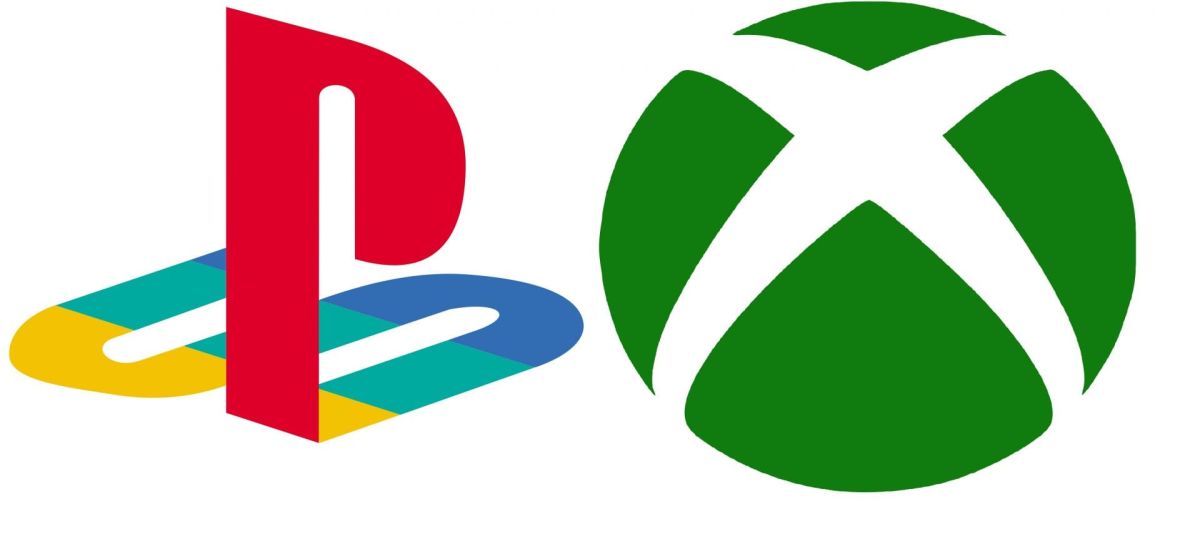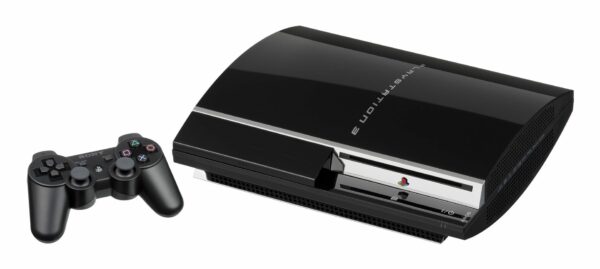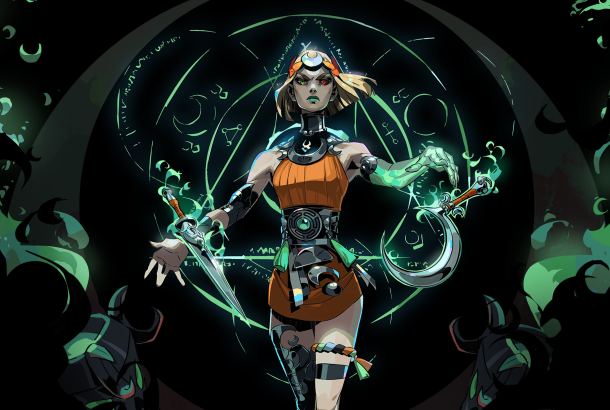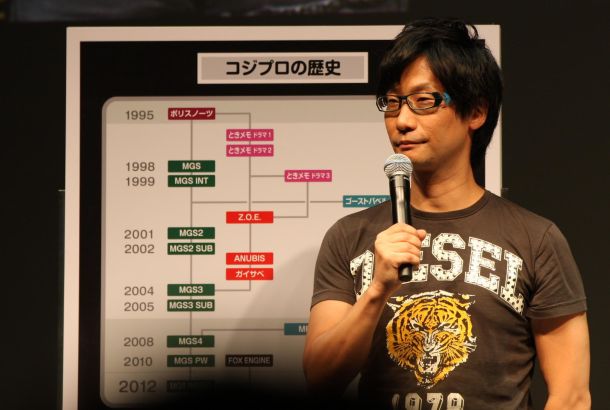Consoles Wars: a history
By Jeremy Bijl

The ‘console war’: it’s been raging since the start of the 21st century, and has often divided gamers more than anything else.
Back in the early 2000s, we saw both the PlayStation 2 and the birth of its competitor, the Xbox. With a two year head start and a pre-existing fan base, Sony’s PS2 outsold Microsoft’s Xbox by 158 million to 24 million units, seemingly establishing a very firm foothold, if not a monopoly, in the console market.
The next generation, however, saw Sony squander their lead in the market in a remarkable display of hubris. Microsoft won the race to release by about a year and released their console at a reasonable price point between £209.99 and £279.99. Sony, following slightly in their wake (a time window not as large then as it might be now due to the enduring popularity of the PS2), then priced their console, the PlayStation 3, at a staggeringly aggressive £350 to £450.
Not only did Sony pitch their product far too high, but the Japan-based company went on to be really quite belligerent and stubborn in the face of the consequent backlash. Sony’s international president at the time, Ken Kutaragi, in particular, came out with some pretty astonishing sound bites, such as: “it is more than a toy. It is a PlayStation 3. And it is the only PlayStation 3. I hope that those who understand this will gladly purchase it,” and “no game machines are comparable to the PS3.” Earlier, he had said consumers could “works more hours to buy it” – which went down as well as you might expect – before putting the icing on the cake by saying the console was “probably too cheap”.

Whilst Sony were trying to spin the price as a mark of superiority, reviews for the PS3 were – at least initially – not all that good, with a lack of strong launch titles failing to excite fans and developers claiming its complex architecture made it difficult to program for. In addition, Sony endured a torrid 2011 with the PlayStation network being hacked, resulting in a 23 day outage. Consequently, the door was opened for Microsoft, and the two consoles eventually ended neck and neck, with the Xbox 360 edging the PS3 by 84 million unit sales to 83.4 unit sales.
At the dawn of the PS4 and Xbox One, things turned back in Sony’s favour. The release announcement of the Xbox One was marred with concerns about the focus on the Kinect, digital rights management (games – even hard copies – would be bound to one Xbox live account) and, fatally, the idea that the console would require an online connection at all times, disabling most key features after 24 hours of disconnectivity. Although most of these ideas were subsequently dropped, the PR damage was irreversible, and the Xbox One endured a wretched launch.
Sony, however, played much of the current generation with aplomb, featuring all the good ideas that Microsoft had and few of the least popular ones. Although the two consoles released simultaneously, the PlayStation 4 came in almost £100 cheaper, and, over time, established a vast library of desirable exclusives which the Xbox failed to compete with, especially as Halo and Gears of War saw decreasing popularity. Titles like Bloodbourne, Uncharted, Horizon Zero Dawn, and The Last of Us saw the PS4 catapulted to the top, and the PS4 outsold the Xbox One by double, Sony seeing over 80 million sales compared to Microsoft’s estimated 39 million.
And yet, events in the second half of the console’s lifetime have seen history repeating itself as it so often does. Now that Sony have seemingly re-established themselves as top dogs, there are several indicators that, in the last couple of years, they have lapsed back into the stubborn and uncooperative behavior that hurt the PS3 so badly.
When Skyrim was originally remastered, for example, Sony became most unreasonable about allowing modding – something they have failed to ever address or explain publicly. Seemingly unwilling to allow consoles to have modding capabilities, they eventually settled on a solution that mods would only be allowed using pre-existing in-game assets. This meant that all mods had to be cobbled together out of Bethesda’s in-game creations, and, as a result, most mods were minor quality of life tweaks and unimaginative amalgamations rather than the expansive master-pieces seen on the PC and – to a lesser extent – the Xbox One. Again, Sony chose to dig their heels in despite backlash.
More recently, they adopted a similar tactic in regards to cross-play – the feature that allows all games systems to play in one online environment. For months and months, they refused to play ball on the matter, seemingly without much reason, despite recurring calls from Nintendo, Microsoft, the PC community and a plethora of game developers imploring them to do so. They have also taken a bit of flak for the curation of their store, and for their unwillingness to let users change their handles. Again, little explanation has been provided for these; Sony pre-PS3 aloofness seemed to be rearing its head as the PS4 has found itself in a similar position to the PS2. The excellent God of War and Spider-Man – as well the increasingly popular PSVR – have some deflected any serious criticism that Sony might have received, but the signs still remain.

Meanwhile, Microsoft have been slowing rebuilding their image, making a series of popular decisions like allowing backward compatibility, making specially designed accessibility controllers, backing independent developers at E3, and taking a more consumer-friendly sounding approach to “Xbox Scarlett” – the codename for the next Xbox. Perhaps what speaks most highly about the real threat the Xbox is starting to pose to the PS4 once again is Sony’s recent actions: in a very uncharacteristic move given the aforementioned, Sony have allowed both cross-play and username changes within the space of a month.
Perhaps Sony just had a change of heart, but something tells me that their memory of the PS3 has something to do with it. Indeed, though the PS5 and “Scarlett” may not quite be on the horizon, Sony and Microsoft have both confirmed they have begun work on the consoles. With that in mind, it is heartening to see Sony taking baby steps towards more consumer-friendly behaviour. With the Nintendo Switch also competing strongly, Sony cannot afford to weaken their position in the market when Microsoft are strengthening theirs. The idea that the PlayStation could be overtaken even in the next generation may seem inconceivable now, but consider how quickly Sony’s hubris turned the tables on the PS2 to give Microsoft the advantage going into the 360 generation.
Ultimately, we as consumers should reflect on this pattern of reactionary behavior in order to see the console wars in an entirely different light. It would appear that, whilst people remain divided over which machine is the best, that the two – along with the resurgent Nintendo – exist as part as a delicate but intertwined ecosystem in which they hold each other accountable, and continually drive each other to innovate and adjust. God bless the console war; long may it continue.







